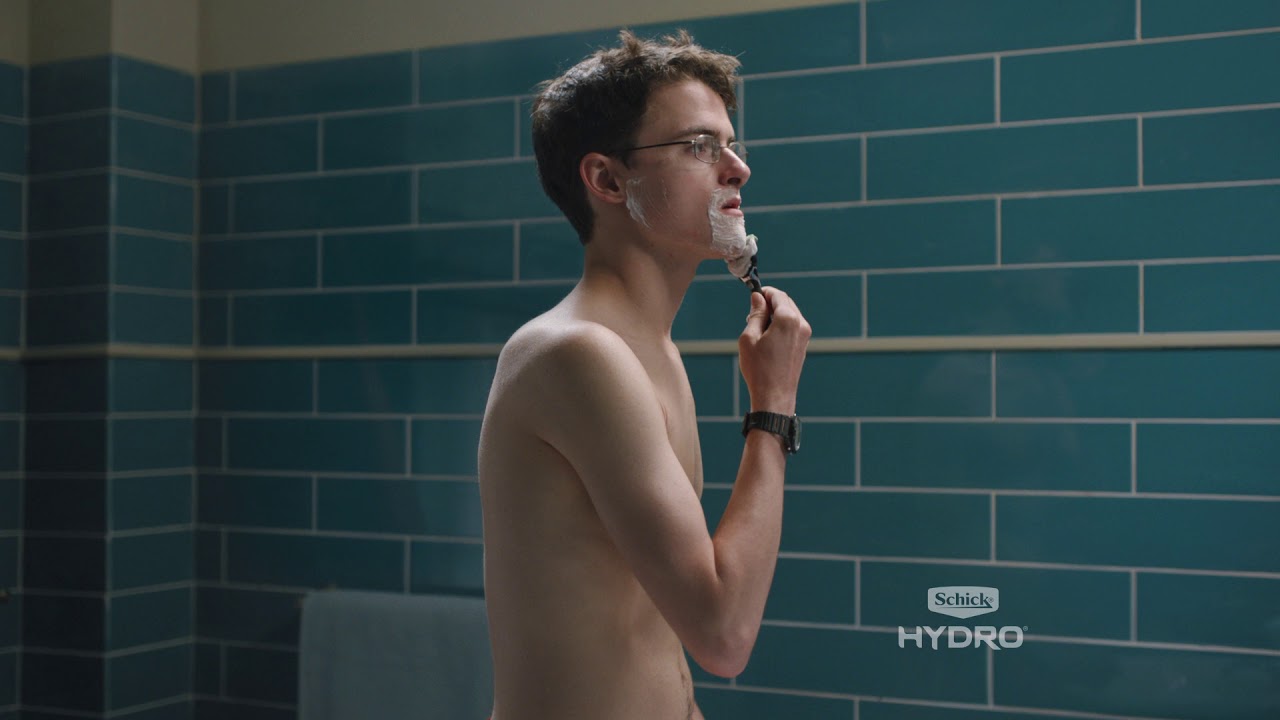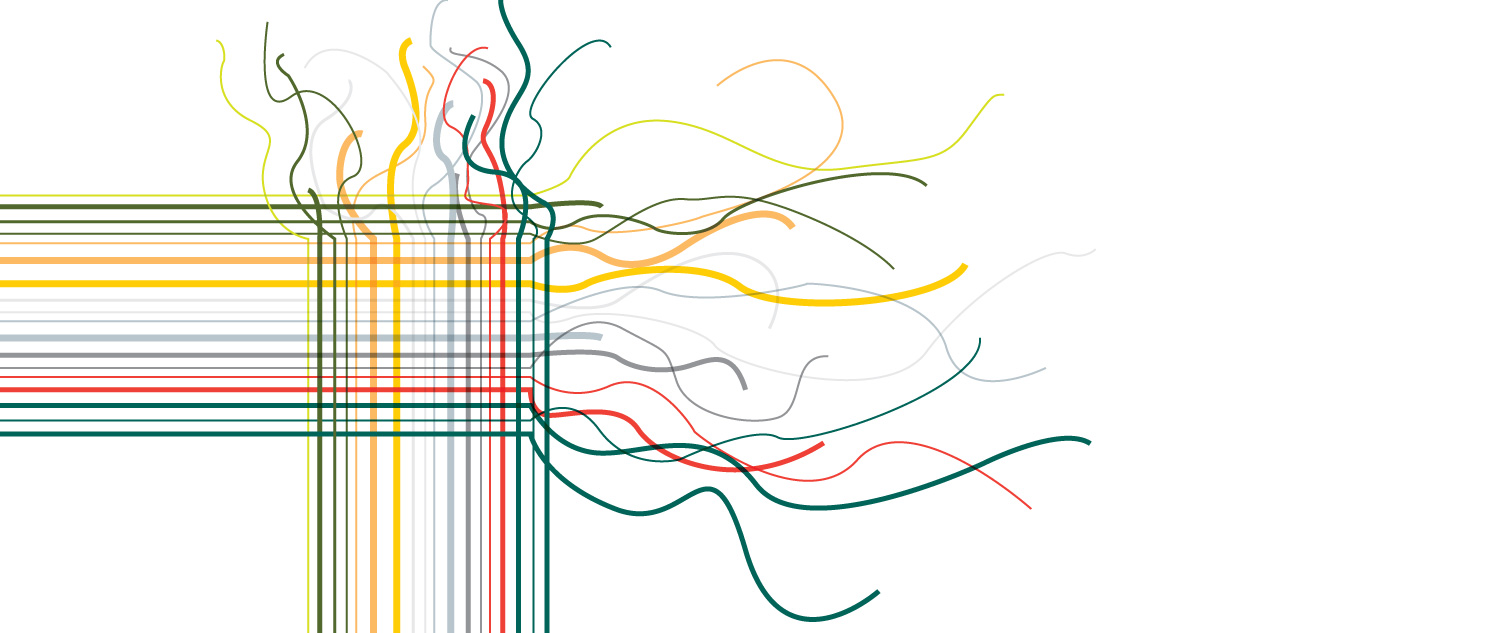
Jan
Diversity Without Pity #36 | The Man I Am Commercials
[responsivevoice_button voice=”UK English Female” buttontext=”Listen to Post”]
The Gilette ads addressing toxic masculinity were in the news recently, not for its message, but for its backlash. I have not seen the ads, just a lot of social media buzz. When I decided to write this piece, however, I found it next to impossible to find the original ads un-editorialized.
Like the Pepsi and Heineken ads before, Gilette is trying to position itself in our lives at a place where they’re really just supposed to sell us razors. And just as I held the Pepsi ad in sharp relief to the Coca-Cola ‘Love Story’ Ad, the Schick Hydro ads are getting far less attention and media scrutiny, for good reasons. But both ads address the common theme of masculinity. But instead of reinforcing it through stereotypes, one aims to break it down while the other aims to redefine it.
“Manhood is something that’s hard to earn and easy to lose,” says Jennifer Bosson in an NPR feature about why more men don’t get into activities traditionally dominated by women, such as nursing.
Audio | Why More Men Don’t Get Into the Field of Nursing | Length 6:39
Fundamentally, toxic masculinity a way for all people, especially men, to understand that what they’ve been taught about masculinity is damaging to themselves and the people around them.
When masculinity is this precarious thing that men hinge a huge part of their identities, Gillette should have been more careful, more thoughtful, and more empathetic.
Here is a great time to highlight the Schick Hydro 5 ads.
The ads feature young men who have all gone viral for showcasing their unique talents.
Instead of lecturing men about behaviors many of whom refuse to acknowledge exist, the Schick Hydro ads emphasize accepting
But I get it though. It seems lately internet outrage seems to gather more around backlash and anger. Subtly doesn’t go viral. But it protects the brand’s purpose, respects its audience, and maybe even sells products.


